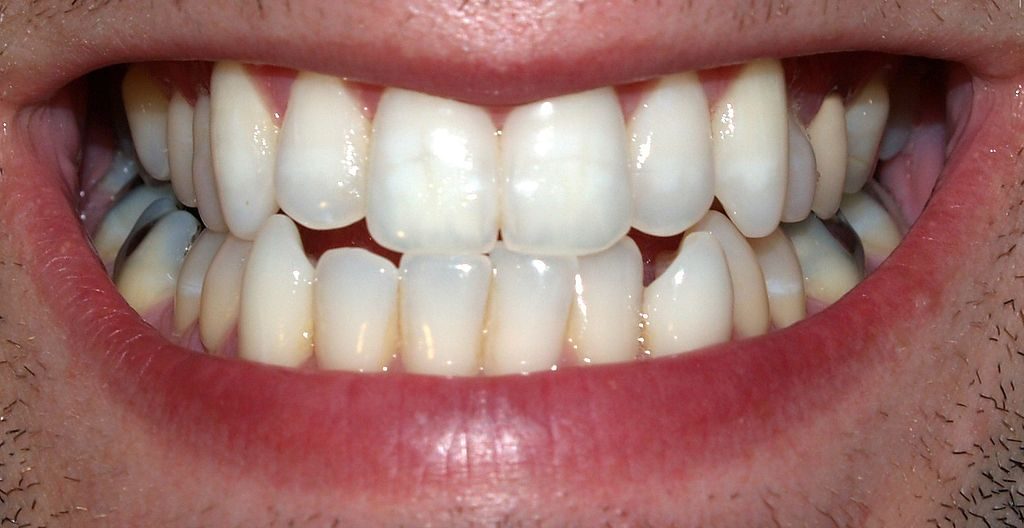
A newly released study has found that the active ingredient in most over-the-counter dental whitening strips may be damaging teeth more than previously believed. The study, led by Kelly Keenan, an associate professor of chemistry at Stockton University in New Jersey, shows that the hydrogen peroxide in whitening products could be damaging teeth beneath the surface in the protein-rich dentin layer. The research was recently presented at the American Society for Biochemistry and Molecular Biology’s annual meeting.
Researchers with Stockton University conducted their experiments with human teeth extracted from cadavers and placed in foam holders. The teeth were regularly immersed in artificial saliva and washed to simulate what teeth experience in a human mouth. One group of the teeth were not whitened as a control, while another group was whitened once with over-the-counter whitening strips and the third was whitened three times. The whitening strips used were applied according to the manufacturer instructions and left on for an hour.
The researchers found that the teeth whitened with strips had less collagen and other proteins in the dentin layer than the untreated teeth. While those that had been whitened once had a marked difference, the difference was much more pronounced in the teeth that had been whitened repeatedly. Ms. Keenan said in a statement, “Our results show that treatment with hydrogen peroxide concentrations similar to those found in whitening strips is enough to make the original collagen protein disappear.”
Dental whitening agents are commonly used to bleach away the stains from cigarettes, red wine, coffee, and natural aging. According to a 2017 report from Hexa Research, dental whitening is expected to become a $7.4 billion industry by 2024. Roughly $1.4 billion of that amount will be spent on over-the-counter whiteners. Teeth-whitening products are considered safe by the American Dental Association. Those with the American Dental Association’s seal of acceptance have been evaluated by an independent panel of dentists.
